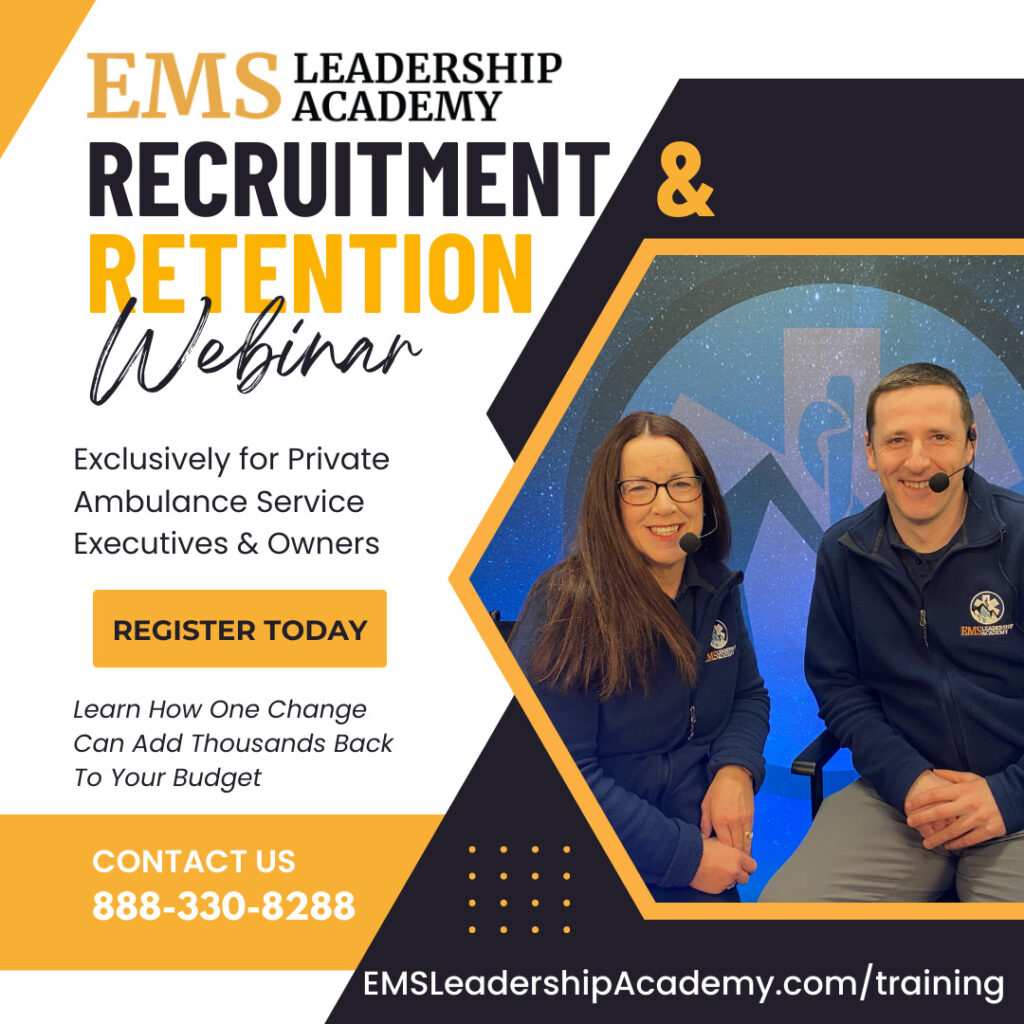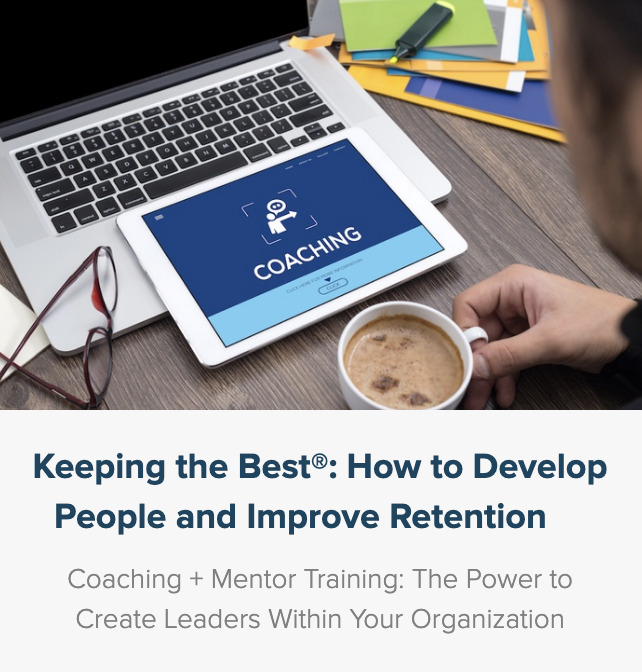Aidan O'Connor, Jr., FP-C presented at the 1st Annual EMS Leadership Summit
We're sharing a featured presentation from the first EMS Leadership Summit in 2019 with Aidan O'Connor. He passionately and eloquently explains how we can all be advocates in his talk The ABCs of Change: Advocacy Before Complaining
- The ABCs Of Change: A Nonpartisan Guide To EMS Leadership And Advocacy (00:00 - 05:10)
- Advocating to Government and Public Officials for Change (05:10 - 10:09)
- The Benefits of Lobbying: Understanding the Power of Educating Elected Officials (10:09 - 16:03)
- Advocating for Impactful Community Resources: The Interplay Between Empathy, Numbers, and Reimbursements (16:03 - 21:06)
- Advocating for EMS Professionals in the US (21:06 - 26:26)
- Advocating for Prehospital Care: How EMS Leaders can Make a Difference (26:26 - 31:47)
- The ABCs of Change: A Leader's Guide to Advocacy in EMS (00:00 - 05:10)
- Advocating For Change: How to Take Action in Government Circumstances (05:10 - 10:09)
- Educating Elected Officials on the Real Cost of EMS Services (10:09 - 16:03)
- The Benefits of Advocacy: Educating Public Officials to Increase Local Reimbursement for EMS Services (16:03 - 21:06)
- Advocacy to Strengthen EMS Services (21:06 - 26:26)
- Advocacy in Prehospital Medicine: What EMS Leaders Need to Know (26:26 - 31:47)
- Advocating for EMS and Emergency Services Organizations (31:48 - 36:57)
- Advocating for Change in EMS: An Inspiring Call to Action (36:57 - 42:12)
Advocacy is an essential and fundamental part of being a healthcare professional and an EMS leader. It involves lobbying for various causes, engaging in politically correct messaging, and making personal appeals to elected officials. By advocating, healthcare professionals can help improve the profession, their patients, and their colleagues.
To ensure success in EMS, education and advocacy are essential. This includes working to increase budget funding for ambulance services by educating local elected officials on the costs associated with those services and building relationships with local officials.
Furthermore, EMS providers should advocate for reasonable reimbursement policies, safety standards, laws protecting them from assault or mistreatment, competitive wages, and regular contract reviews.
Additionally, coalitions should be formed and EMS should participate in global advocacy.
Finally, individuals can support advocacy efforts by joining state associations, coalitions, and national groups, being able to back up any suggestions with data, and using their voice to advocate for change.
Overall, successful advocacy must be undertaken on a daily basis in order to bring about positive change for EMS workers, organizations, and patients across the nation.
Join a state or national association and formulate a plan within your agency to help educate your local elected officials on the importance of EMS in your community.
Get Lifetime Access to All 20+ High Impact Sessions
From The 2019 EMS Leadership Summit

With speakers from leaders across the prehospital space, the EMS Leadership Summit valuable, actionable content will move your leadership & organization to the cutting edge!





